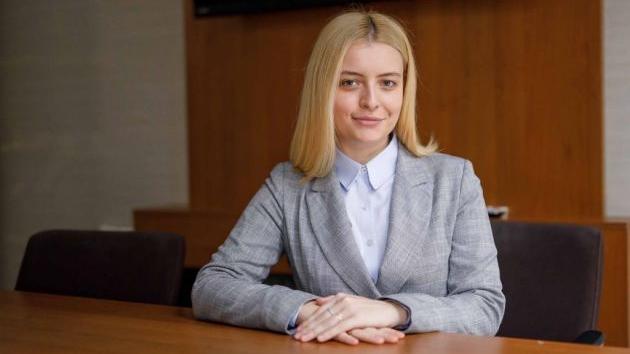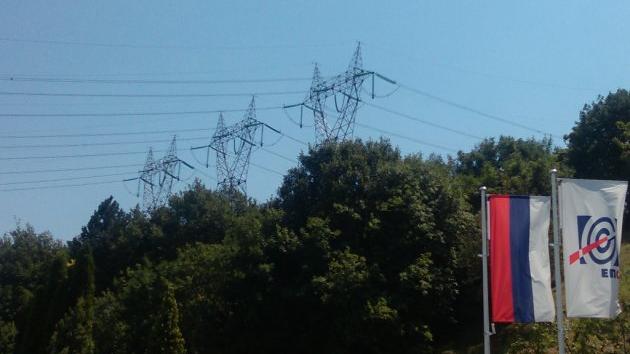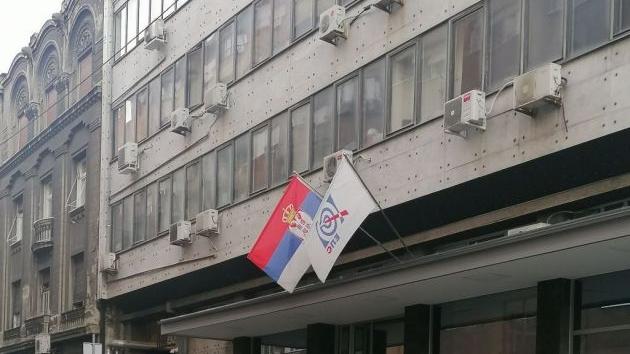EUR 40.5 Million to Be Invested in RES Projects in 11 Local Self-Governments ŌĆō Solar Energy Powered Heating Plant in Nis
 Wednesday, 21.09.2022.
Wednesday, 21.09.2022.
 09:03
09:03
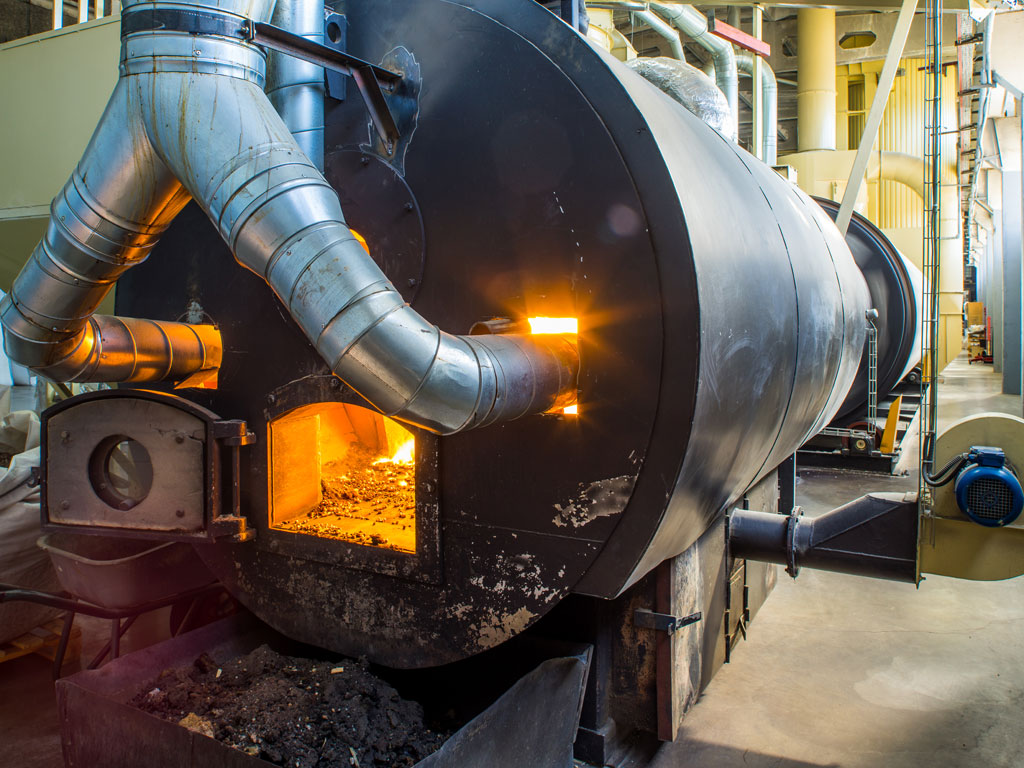
Mihajlovic told the press in Kragujevac that the signed memorandums meant not just the raising of the energy efficiency and including RES in the production of heating energy, but primarily a cleaner living environment.
According to her, the value of the projects is EUR 40.5 million, of which EUR 30 million are the EBRD loans, the Swiss government is donating EUR 8.5 million, and the donation of the European Union is EUR 3 million.
ŌĆō The data show that, today, we produce 37 gigawatt-hours of heating energy from renewable sources. When this project is completed, and weŌĆÖre talking EUR 40.5 million invested in 11 self-government units, the production of energy from renewable sources will be 3.5 times higher, around 197 gigawatt-hours ŌĆō Mihajlovic said.
She added that it would also mean over 20,000 tons less carbon-dioxide emissions. Mihajlovic said that all projects would be done in the next four years.
She said that, in Novi Pazar, in October, the heating plants running on biomass would be completed, whereas such heating plants had already been opened in Priboj and Mali Zvornik.
According to Mihajlovic, in Nis, solar energy will be used for the production of heating energy.
Kragujevac will have two projects, one for the use of energy from the Data Center, whereas the other is related to an additional biomass boiler.
Matteo Colangeli said that the pilot project had started the year before and that it provided an example of how to improve green energy transition and air quality, while at the same time ensuring energy security.
Urs Schmid said that Switzerland and Serbia faced the challenge of decarbonizing their economies in order to meet the obligations from the Paris Agreement on climate change, but also to improve the environment, protect the citizensŌĆÖ health and reduce the costs and the dependence on imports.
ŌĆō For both our states, it means that, in the upcoming years, we will have to considerably increase the share of renewable energy. In that sense, the current energy crisis is a wake up call to step up our efforts toward the development of alternative energy sources and achieving greater energy security ŌĆō Schmid said.
He said that the central heating system in Serbia offered great potential for the improvement of the decarbonization of SerbiaŌĆÖs economy.
ŌĆō Nearly 100% of the heating energy comes from natural gas, mazut and coal, and only 0.4% comes from biomass ŌĆō Schmid said.
Na┼Ī izbor
Most Important News
06.04.2024. | Agriculture
Preconditions for Placement of Fresh Blueberries and Dried Plums in Chinese Market Secured

16.04.2024. | News
Jovan Ciric, Leasing Director Retail MPC Properties ŌĆō MPC Echo symbolizes our desire for good ideas and innovative endeavors to spread freely and bring about positive changes

16.04.2024. | News
10.04.2024. | Finance, IT, Telecommunications, Tourism, Sports, Culture
Creative Industry ŌĆō What This Serbian Economy Sector Worth EUR 2 Billion Encompasses

10.04.2024. | Finance, IT, Telecommunications, Tourism, Sports, Culture
18.04.2024. | Industry, Finance
Here come the new hunters for Serbian gold ŌĆō Australian Strickland Metals buys mining project on mountain Rogozna

18.04.2024. | Industry, Finance
16.04.2024. | News
Economy Fair in Mostar opens ŌĆō 26 companies from Serbia exhibiting

16.04.2024. | News
18.04.2024. | Transport
Jovanovic: Purchase of Siemens trams produced in Kragujevac for GSP Beograd should be considered
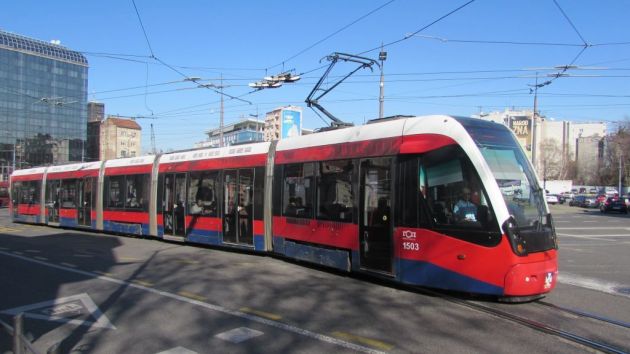
18.04.2024. | Transport


 Izdanje Srbija
Izdanje Srbija Serbische Ausgabe
Serbische Ausgabe Izdanje BiH
Izdanje BiH Izdanje Crna Gora
Izdanje Crna Gora


 News
News










